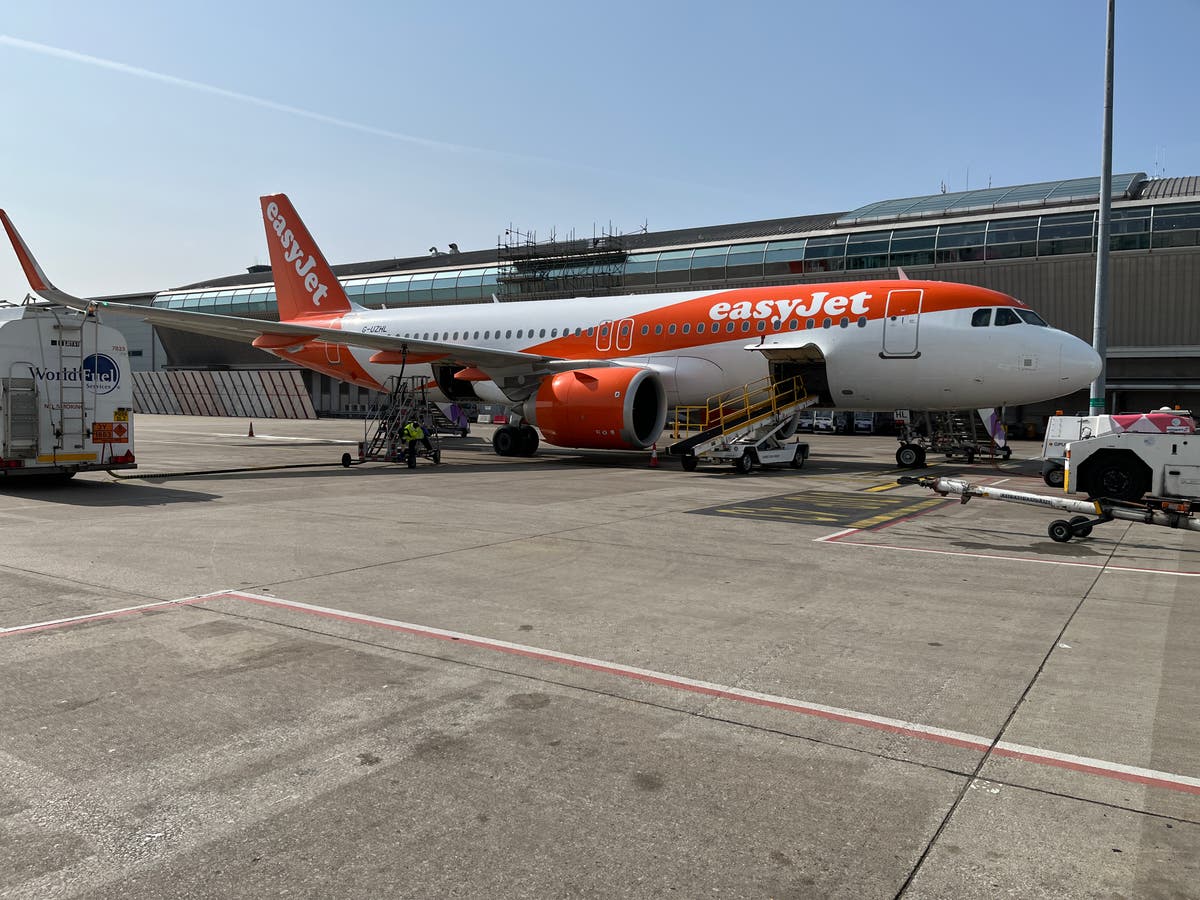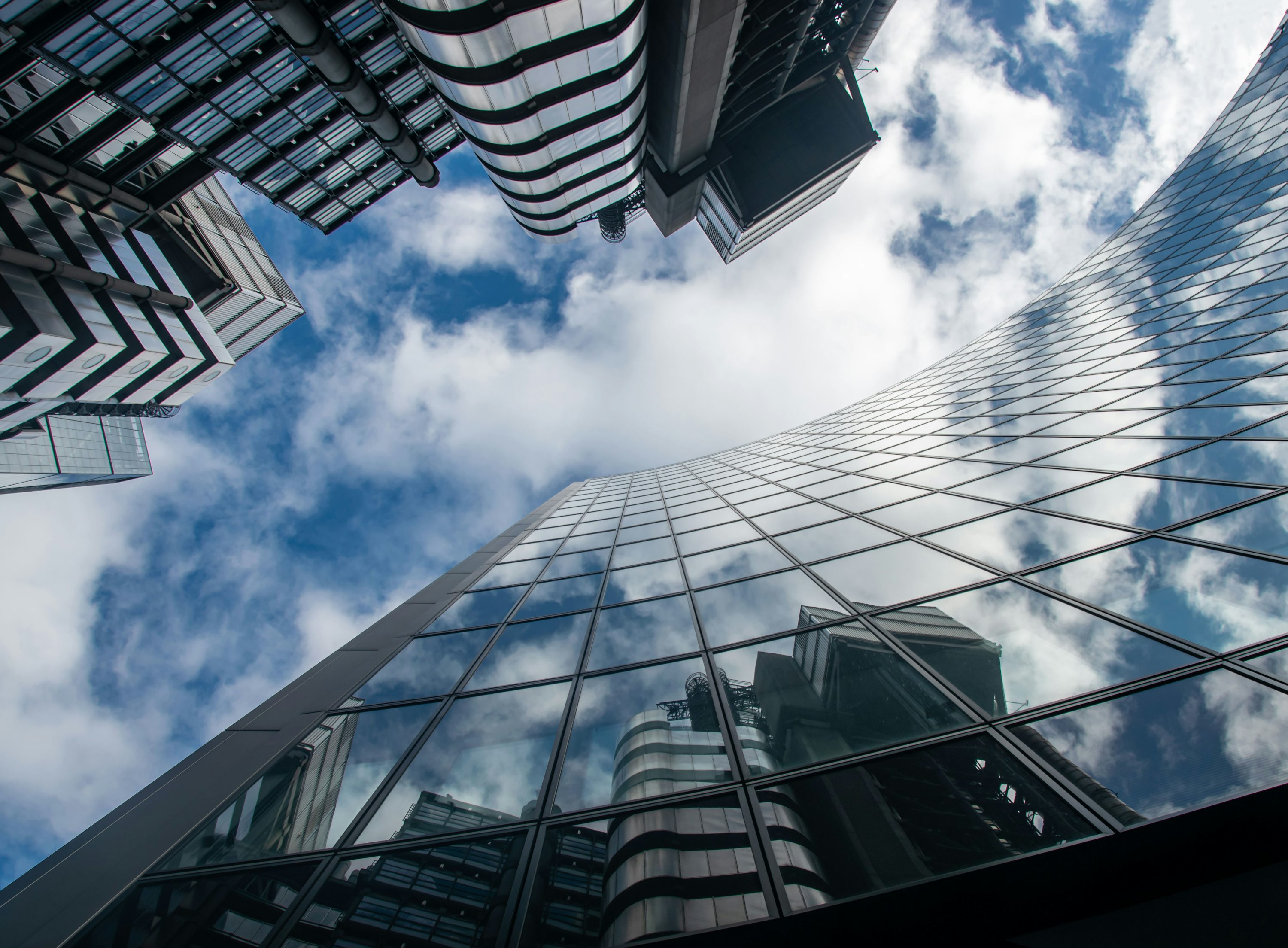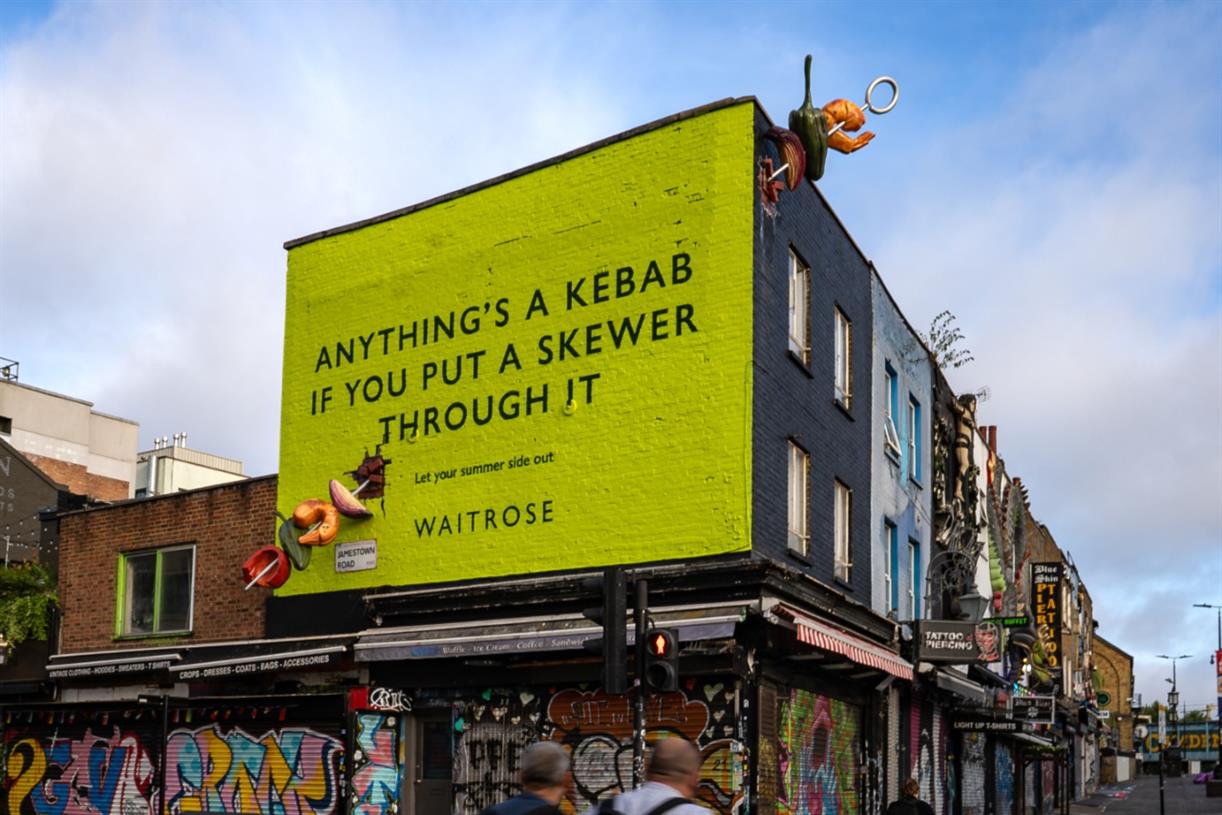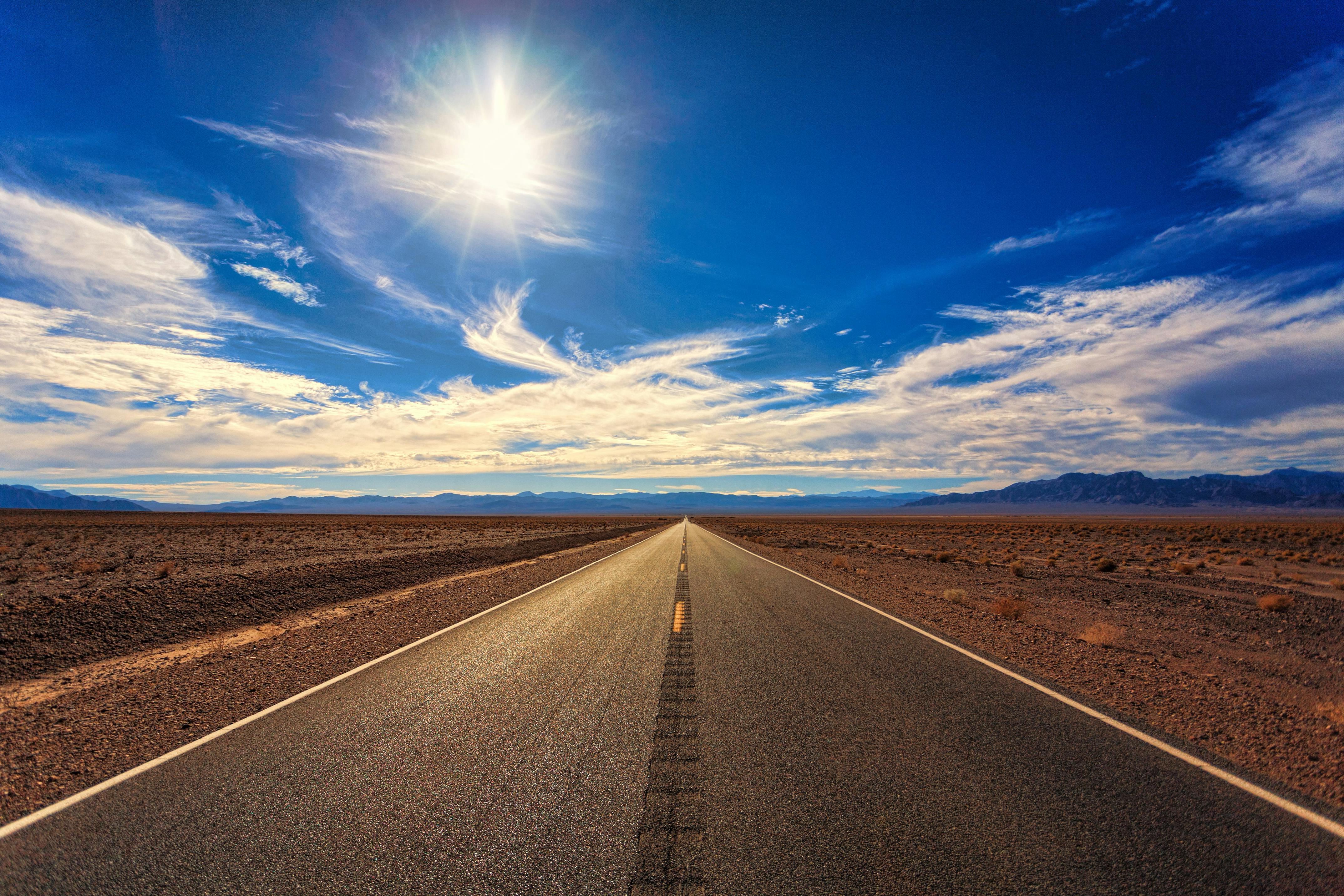April showers: dismal outlook for inbound tourism to the UK
The Man Who Pays His Way: Just how bad will the slump in international visitors turn out to be?
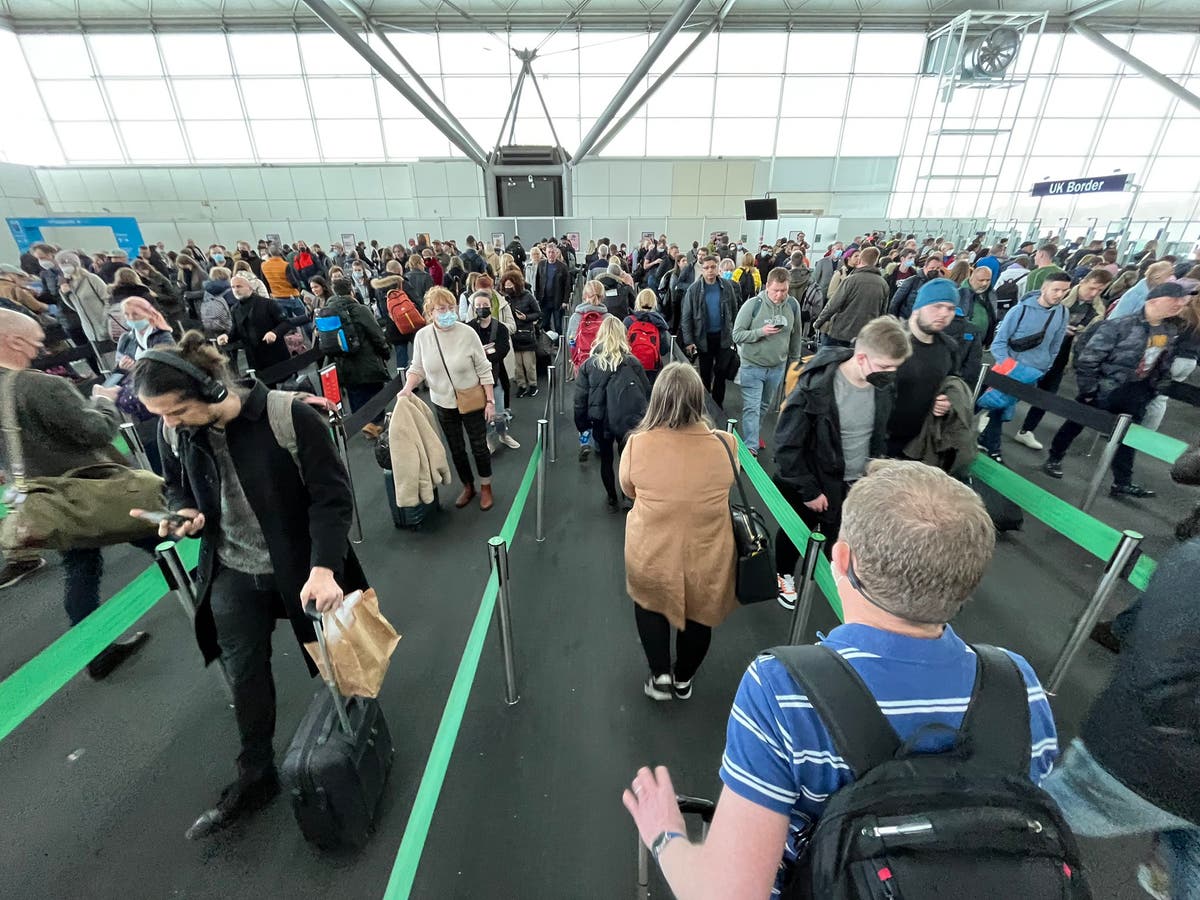
Simon Calder, also known as The Man Who Pays His Way, has been writing about travel for The Independent since 1994. In his weekly opinion column, he explores a key travel issue – and what it means for you.
April can make fools of those who make forecasts. Allow me a prediction that I hope proves foolish: by the end of the year, not even half as many international visitors will come to Great Britain as they did in 2019 – the last “proper” year for inbound tourism.
Hang on, you might say: less than 10 weeks ago, our very own culture secretary predicted 2022 was set to be a “blockbuster year” for visits to the UK.
Nadine Dorries, whose department is responsible for tourism, insisted there is “huge pent-up demand from international tourists to visit the UK”.
I hope she is right and I am wrong. But why would I take a more pessimistic view than a cabinet minister? Because I can read the forecast from the agency that reports to Ms Dorries on exactly that subject: Visit Britain.
The organisation had previously predicted 24 million inbound visitors would travel to the UK this year, down 41 per cent from 2019 levels. But “due to the impact of the Omicron variant” Visit Britain cut its forecast for inbound numbers to barely half of 2019 levels, forecasting a drop of 48 per cent.
The organisation’s view on visitor spend is more optimistic, with a decline of “only” 41 per cent. But that still represents a loss of £11.7bn in cash flowing into the country – that’s £371 per second throughout the year, which would otherwise be paying the wages of hundreds of thousands of people and pumping tax into the treasury. (This month, VAT on hospitality reverts to 20 per cent.)
A slump in inbound tourism also affects outbound travellers – airlines and train operators seek less demand, and offer less capacity.
Another organisation, the World Travel & Tourism Council, has flight booking data that suggests the collapse may not be quite as bad. Bookings to date for flights to the UK are down 45 per cent versus 2019, with two of the key providers of tourists, Germany and Spain, showing falls of “only” 37 per cent and 38 per cent respectively.
Visit Britain says 48 per cent fewer visitors than in 2019; WTTC puts the drop at 45 per cent. They seem more or less in line. Some will say such a fall is only to be expected as the coronavirus pandemic continues to dent confidence. In addition, Russia’s brutal onslaught against Ukraine is certainly dampening the appetite for Europe of some long-haul visitors.
So why do I fear the outcome will be even worse, with a fall of over 50 per cent?
Because the Brexit barrier the UK chose to erect to keep out tourists from a pool of 300 million European Union citizens has yet to have its severe impact revealed.
Until October last year, they could come to the UK on their national identity cards. But seven months ago, fulfilling a promise made by the Leave campaign, they were told they must upgrade to a passport in order to visit Britain. A few doubtless will. But most will instead choose between the dozens of countries both inside and outside the EU that are happy to accept ID cards as secure proof of identity.
Many of the people who are excluded by the UK government’s decision will not have been counted in the WTTC figures, because they are the kinds of tourists – whether school groups travelling by ferry or weekenders from France, Belgium and the Netherlands on Eurostar – who do not fly. Only when the numbers are in will it be clear just how much damage that Brexit measure has caused.
I hope I am proved to be unnecessarily glum, and that tourists flock here in far higher numbers than the official forecasts. But if I turn out to be correct, please allow me one further prediction: I believe that once the collapse becomes clear, the ban on ID cards will be reversed.
Barriers may be popular with a certain segment of the electorate, but economic decline is unpopular with pretty much everyone.

 Hollif
Hollif 








